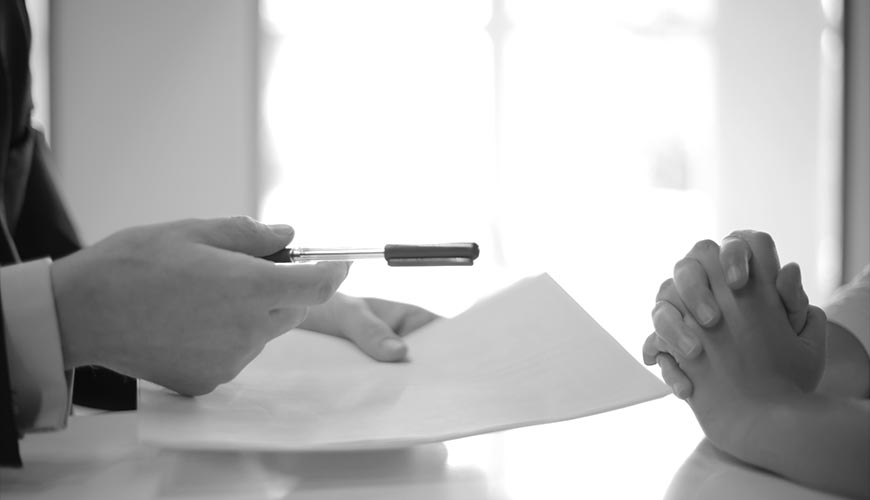Probate, property and possessions

When someone dies, somebody has to sort out his or her estate.
Personal Representative, Executor, Administrator
This person is known as the personal representative or the executor if they are named as such in the will, or the administrator if there is no executor named or no will.
It is important to find out if the deceased left a will and, if so, who the executor is.
The will says what should happen to the deceased’s money, property and possessions (known as the estate).
The personal representative is responsible for paying all the deceased’s debts, taxes and expenses, including funeral expenses.
They make the payments from the estate, not from their own income or savings.
Only when these duties are finished can the personal representative share out the rest of the estate to those people entitled to it.
Wills, Grant of Probate, Letters of Administration
If you are a personal representative you may have to apply for probate.
The Probate Office will give you a “Grant of Probate” if the deceased left a will, or ”Letters of Administration” if there is no will.
If you have any difficulty in dealing with the deceased’s estate or guardianship of their children, you should get advice from a solicitor or the Citizens Advice Bureau as soon as possible.
You may already have a solicitor that your family uses. If not, ask friends or family if they can recommend one. When you contact them, remember to ask about their fees and charges.
What you will need to do next
Letting Organisations know
When you sort out the affairs of someone who has died, you will need to deal with a lot of organisations.
People have different circumstances and the organisations you need to contact will vary.
We have listed some of the main organisations you may need to contact.
Please note: If you use the Tell Us Once Service with the Registrar, some of these notifications can be made directly on your behalf (See Section on Tell Us Once). The Registrar will advise.
Pensions and Benefits - The Department of Work and Pensions to ensure any state pension payment are stopped. DWP can be notified via Tell Us Once.
The deceased’s employer or current occupational pension provider as they will advise if the deceased’s occupational pension can be passed to another family member or surviving civil partner.
Some government pensions can be notified via Tell Us Once or by the registrars.
The deceased’s personal pension provider, if a policy was in place.
HM Revenue and Customs, if tax credits were in payment (Working Tax or Child Tax Credits). HMRC can be notified via Tell Us Once.
Houses and Household Bills
Ask the Post Office to redirect the deceased’s mail or speak to the Registrar about using the Bereavement Register to stop any unwanted junk mail or direct mailings.
The law states that the Registrar who registers the death must tell the Council Tax Department of a person’s death. However, you may wish to contact them directly to discuss any outstanding monies owed, refunds or reduction in Council Tax charges.
Depending on the deceased’s circumstances, you may need to speak to a council housing department, housing association, mortgage company or private landlord. Council Housing can be notified via Tell Us Once.
Tell the deceased’s gas, electricity, water and telephone line provider or cancel any deliveries of heating oil.
Inform the insurance company that provides the household insurance.
Transport and Travel
Tell the car insurance company. Please note that anyone who is a named driver on the deceased’s car insurance will no longer be insured to drive the vehicle. This is because the person who took out the insurance is not alive to give permission for someone else to drive.
Return the deceased’s driving licence to the Driver & Vehicle Licencing Agency (DVLA). This can be notified via Tell Us Once.
Return the deceased’s car registration documents to the DVLA to allow the change of ownership to be recorded. This can be notified via Tell Us Once.
Cancel or return any travel passes or season tickets. Claim any refunds due.
The Concessionary Travel Pass issued by Transport for Wales can be notified via Tell Us Once.
Return the deceased’s passport to His Majesty’s Passport Office. This can be notified via Tell Us Once.
Notify the local authority if there is a Blue Badge (for Disabled Parking). This can be done via Tell Us Once.
Personal Items
Return any library books and cancel membership. The local library service can be notified via Tell Us Once.
Send back any membership cards to clubs or associations and claim any refunds that may be due.